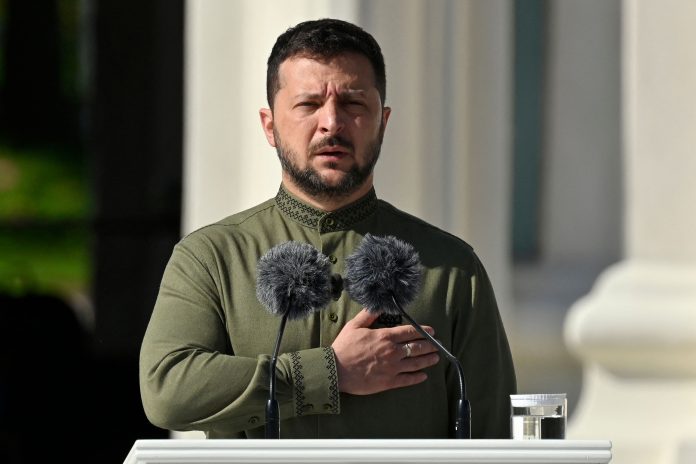A senior US diplomat in charge of combating disinformation has said that Ukrainian President Volodymyr Zelensky should be more open to disclosing information about the course of the war in Ukraine, POLITICO reports.
The advice came amid intensified fighting amid the advance of Russian troops on the Ukrainian front and the international community’s waning attention to the conflict.
James Rubin heads the US State Department’s Center for Global Engagement, which focuses on covering propaganda and disinformation efforts by hostile states and other actors against America and its allies around the world. Speaking to POLITICO’s Power Play podcast, Rubin said that “sometimes the Ukrainian government can resist the kind of freedom of information that is normal for us.” He noted:
“Some days, war reporters report things that aren’t necessarily in the interest of Volodymyr Zelensky. But in a democracy that we hope and increasingly see Ukraine becoming … they can understand that having war reporters cover the war, even if occasionally there’s bad news, is a far better life than the controlled environment…”
While Ukrainian and Western journalists have pushed for greater access to the front lines, Ukrainian authorities have restricted reporting from sensitive conflict zones and refused to strengthen the role of state broadcasting, explaining that the restrictions serve to suppress Russian disinformation campaigns.
However, Rubin suggested that improved access to information would reinforce Ukraine’s need for more help from allies. He added that while Kyiv is “moving in the right direction,” it does not yet have a “full-fledged democracy,” which could have a negative impact on the flow of information.
Rubin, a former State Department official, advised current President Joe Biden on foreign policy during his time in the Senate, and consulted top diplomat Madeleine Albright during the conflict in the former Yugoslavia in the 1990s, as well.
In an interview with POLITICO, Rubin also discussed joint efforts by the US and its allies to combat the use of artificial intelligence by adversaries in attempts to spread fake news. Discussing the role of artificial intelligence in the fight against misinformation, Rubin stated:
“I believe we are facing information warfare, both from existing technology and supercharged by the possibility of AI-generated disinformation. The only way I think we can deal with that is for the countries that believe in freedom of information, but also want to prevent Russia and China from spoiling the information environment … to band together in a coalition. We’ve created a framework, a diplomatic framework to do that, which committed the British, the Canadians, the United States to work together to try to combat the existing challenge and figure out a way in the AI environment to make sure that there is tagging, there is watermarking, so that people will know when it’s generated by AI or it’s not generated by AI.”
